Scale Experiential Learning and Career Development
Today’s universities are under increasing public pressure to provide career preparation and support economic mobility. The good news is that most universities already provide skill-building opportunities in and outside of the classroom. Unfortunately, such high-impact practices rarely reach all students or span the entire academic lifecycle. Learn how to create more opportunities for applied learning and help students translate between an academic transcript and a career-ready resume.
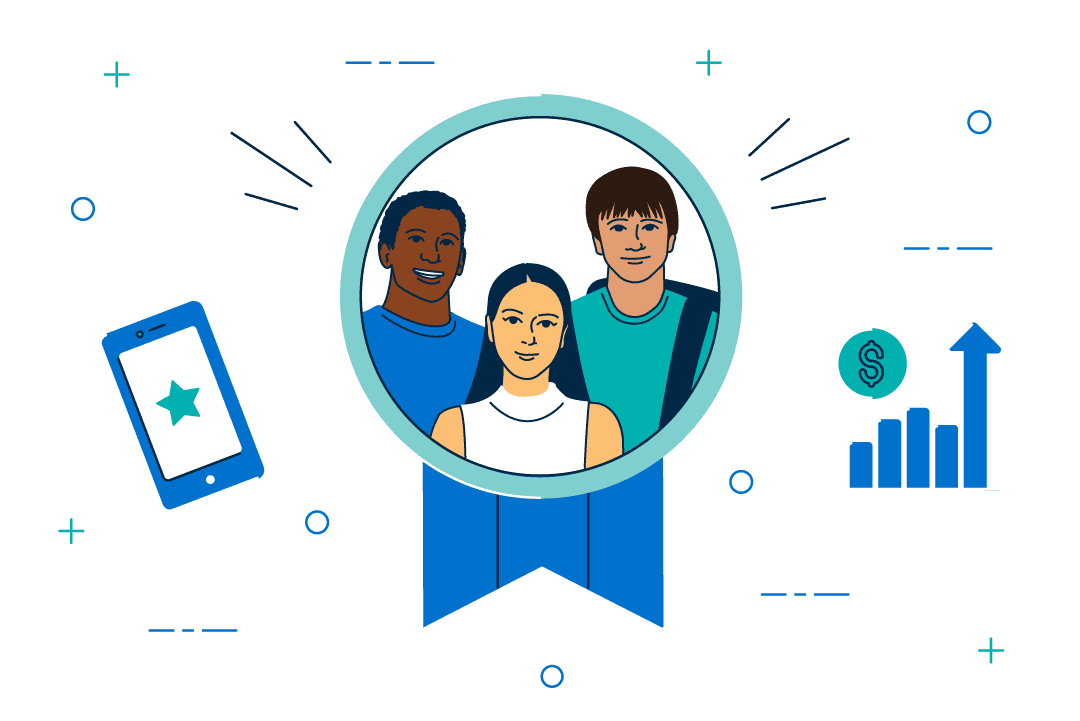
Integrate academic and career advising
Career advising helps students explore careers and ultimately translate their college experiences into a resume, personal narrative, or graduate school application. This advising is most effective in helping students choose a best-fit major and career path if first-year academic and career support staff are collocated, cross-trained, or combined entirely into holistic advisor roles.
Once students settle on a path, advisors should develop specialties by field to help students navigate the unique expectations of different industries. This holistic and in-depth advising support is enhanced by dedicated self-service resources that help students reflect on their past work and bridge connections between their academic and career experiences and goals.
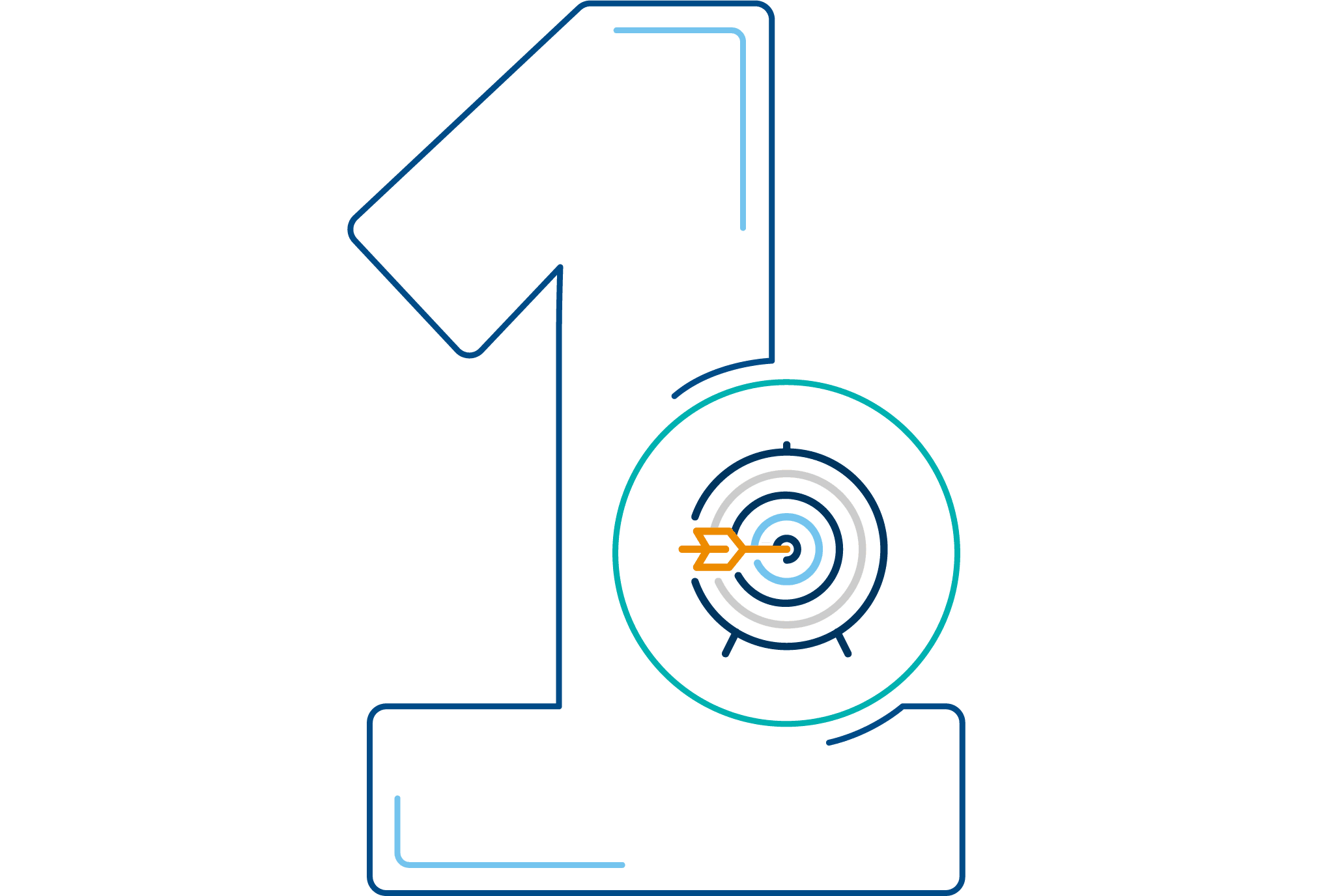
Design career advising models to meet student needs
- Utilize career interest surveys to guide first-year major pathing conversations
- Integrate pre-major academic and career advising through hybrid advising
- Create industry-based career coaches for students who have identified a career path
- Incentivize students with rewards for connecting with career advising early and often
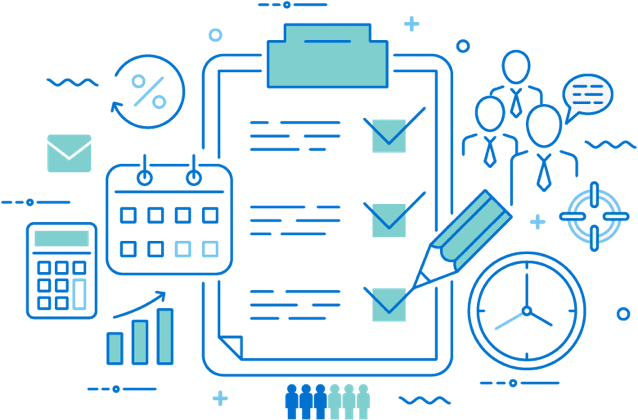
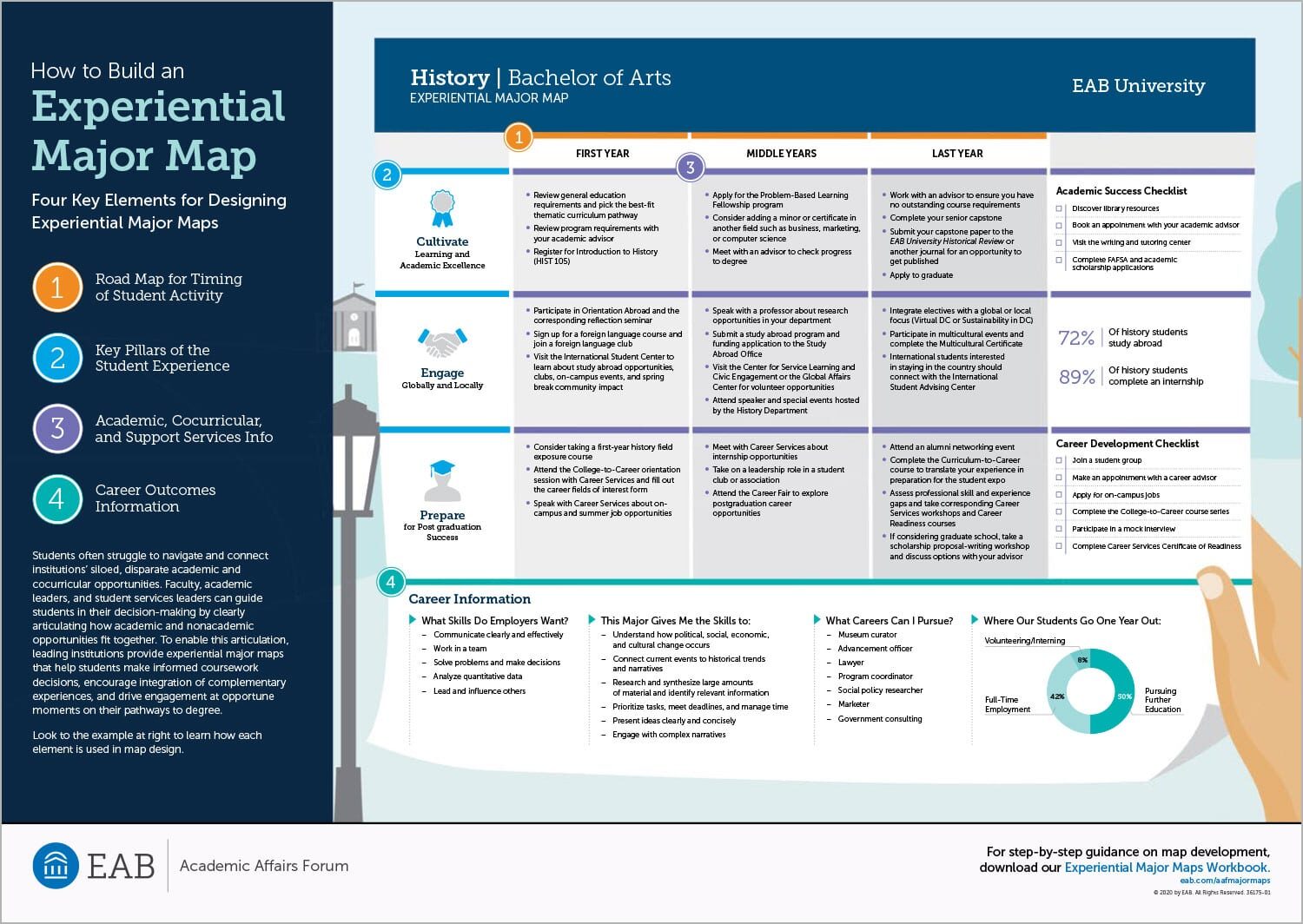
Build faculty support for career-focused program revitalization
Between a public focus on return on investment and several prominent examples of universities downsizing liberal arts programs after years of enrollment declines, faculty and staff in these programs worry about their future roles at the university. However, many institutions have recognized that liberal arts programs are core to their mission.
As a result, they have focused on program revitalization—from relatively minor changes to holistic redesigns—to make these programs more relevant to today’s students. When working with faculty and staff to plan changes to liberal arts programs, it’s important to emphasize the role these programs play in students’ career development and that emphasizing career-ready skills in the curriculum will not weaken intellectual rigor.
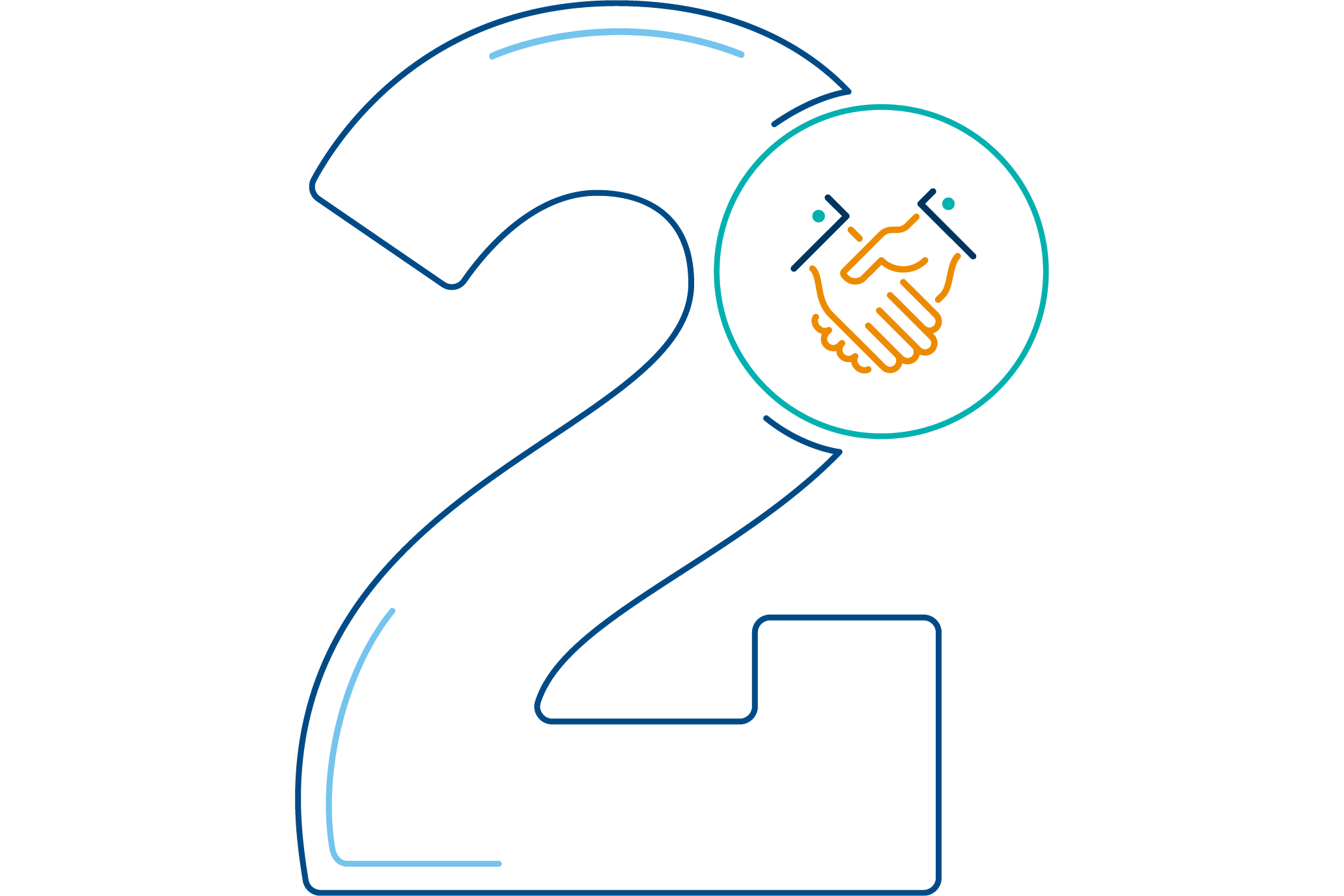
Next, create professional development opportunities and resources for faculty instructors

-
Research Highlights
Use data to demonstrate the value of experiential learning to faculty and staffSome faculty and staff may not be familiar with experiential learning or understand the difference between experiential learning and skills training. As a result, they may be skeptical of its value or whether they can support experiential learning integration.
EAB researchers analyzed the large body of academic research on experiential learning and summarized its findings. Provide the summary and bibliography as context and background reading for taskforce and committee discussions to help ensure discussions are transparent and informed by research.
Integrate skill development into the classroom
While students may not be as underprepared for careers as the public perception implies, academic leaders and faculty should still expand the use of collaborative projects, employer engagement, and multidisciplinary perspectives.
The general education core is an ideal opportunity to incorporate these types of learning and help students make more connections between disparate disciplines, their major, and their career goals.
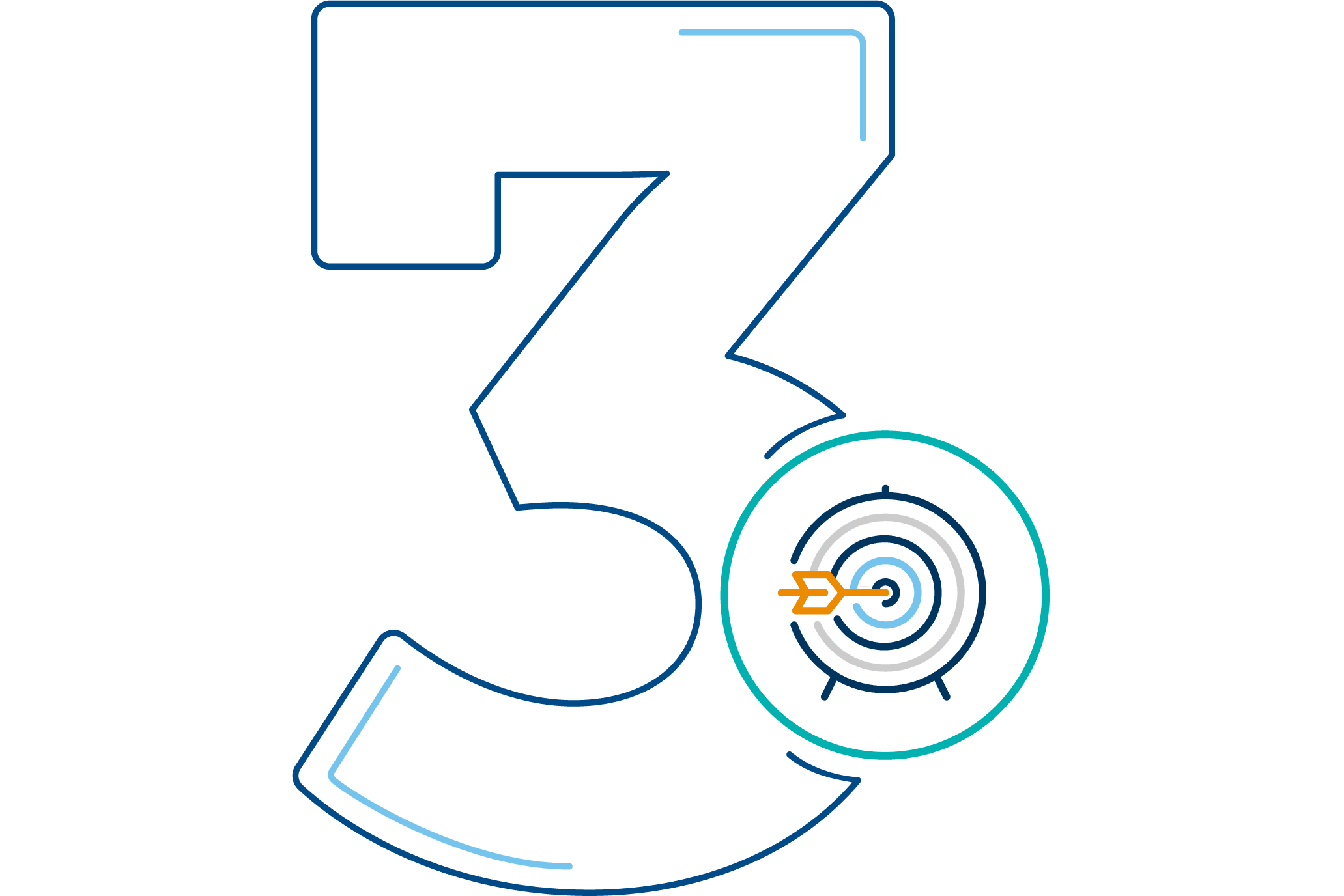
Next, explore more on integrating skill development
- Build career-relevant themes around existing core courses
- Design optional gen ed tracks focused on broadly applicable entrepreneurship skills
- Add a gen ed capstone course that helps students design their post-graduation path
- Refocus the honors fellowship around problem-based leadership skills in practice
- Match faculty to community partners for project-based learning

Eliminate access barriers to high-impact activities
Most universities offer many high-quality experiential opportunities from internships to study abroad programs. However, these opportunities present access barriers for students who already work full time to pay for college, can’t afford a plane ticket to study abroad, or who simply need support in navigating the unwritten rules of finding and applying for internships.
By integrating high-impact practices into the classroom and on-campus activities students are already doing, universities can promote equity in participation in these three ways:
- Offer real-world client projects to students as part of existing classroom learning
- Bring internships and professional development to campus
- Foster entrepreneurship with innovation-focused programming and spaces
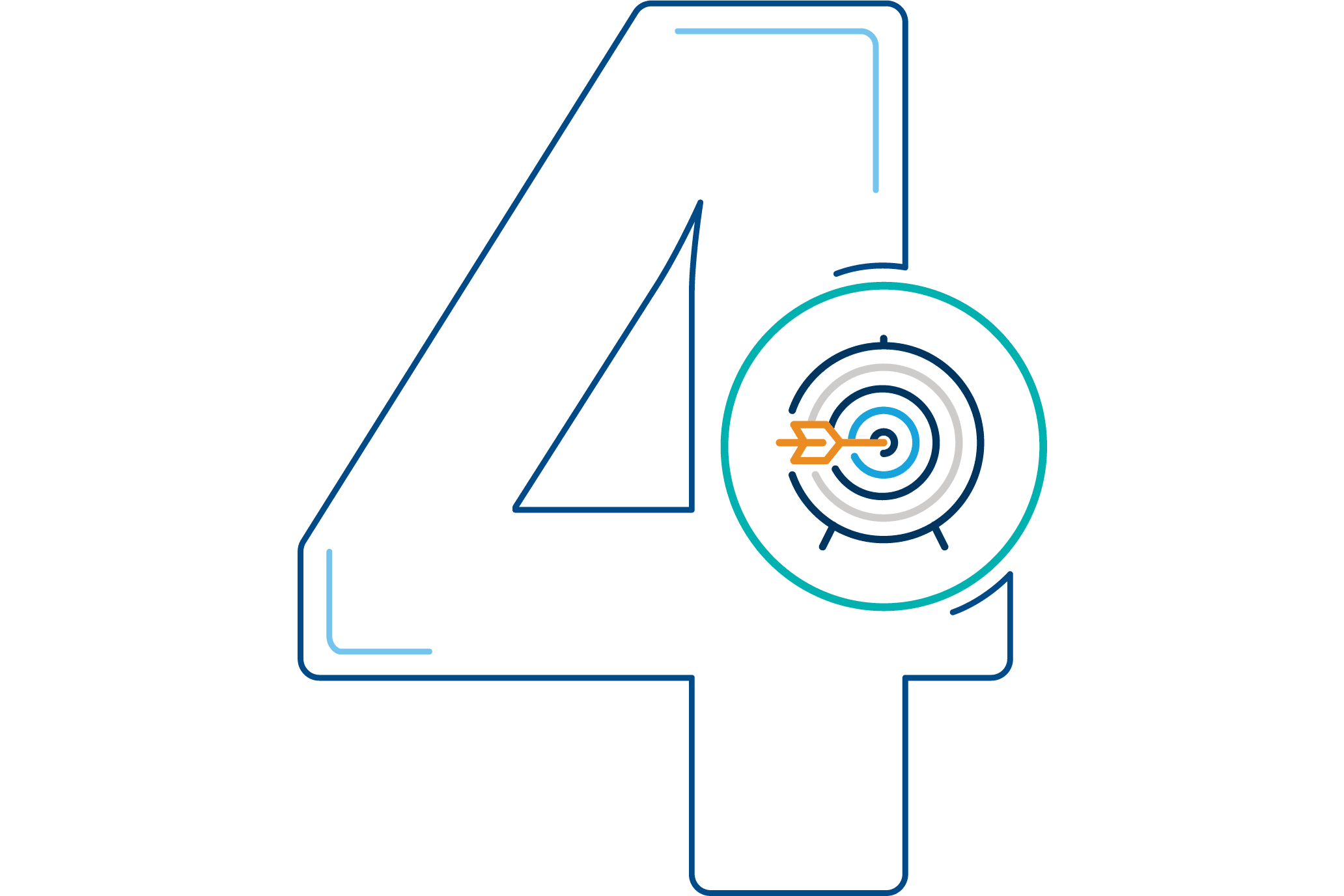
Guide graduate students toward career success
As PhD graduates outpace tenure-track job openings, “alt-ac” careers outside the professoriate have become increasingly popular—and viable—options for graduates. Just as with undergraduates, doctoral students are more likely to succeed in their job search if they have hands-on experience outside of the classroom and are prepared to discuss their academic and research experience in a professional context.
Explore ways to help PhD students connect their academic experience with job-relevant skills and scale graduate-level career development opportunities.
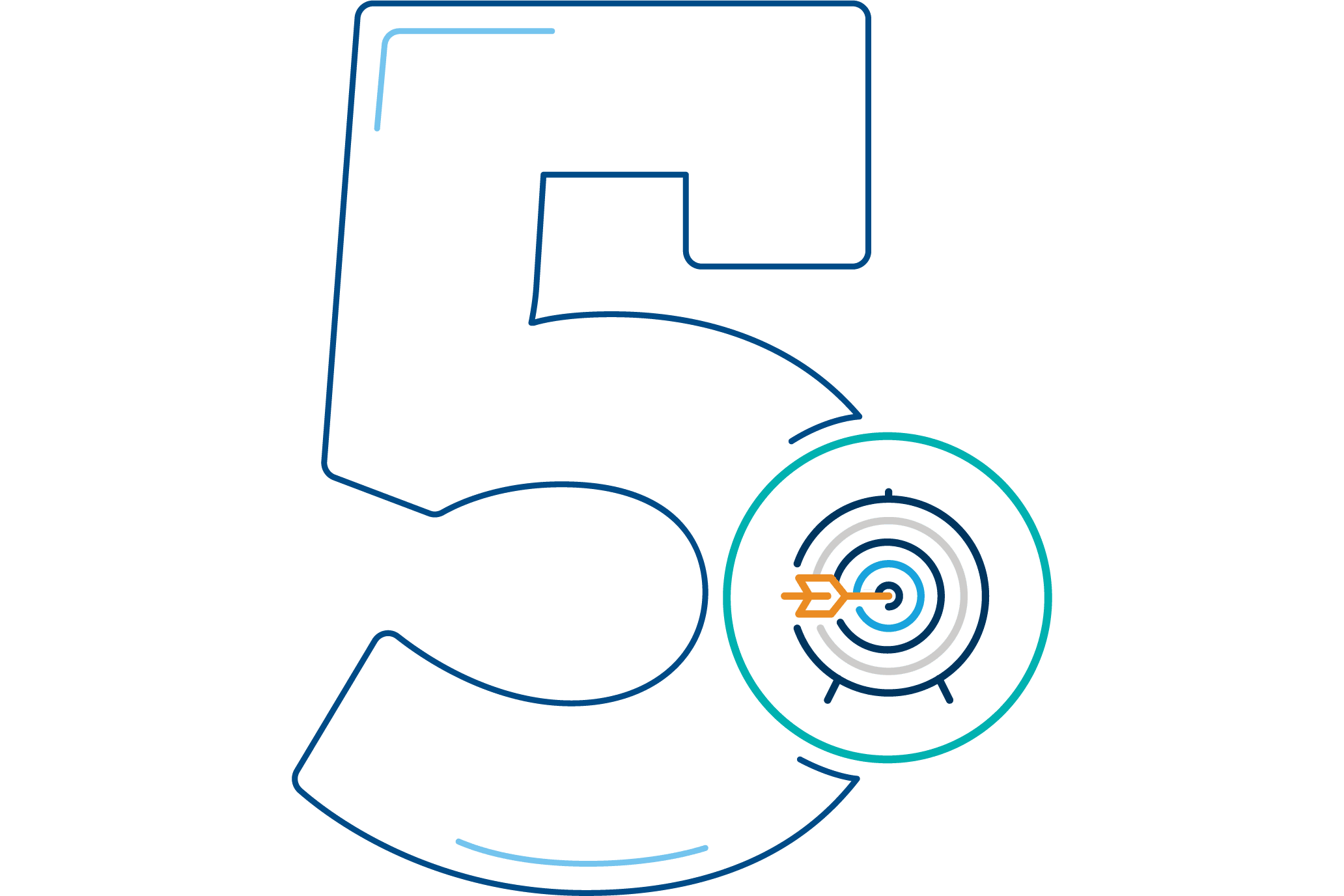
This resource requires EAB partnership access to view.
Access the roadmap
Learn how you can get access to this resource as well as hands-on support from our experts through Strategic Advisory Services.
Learn More